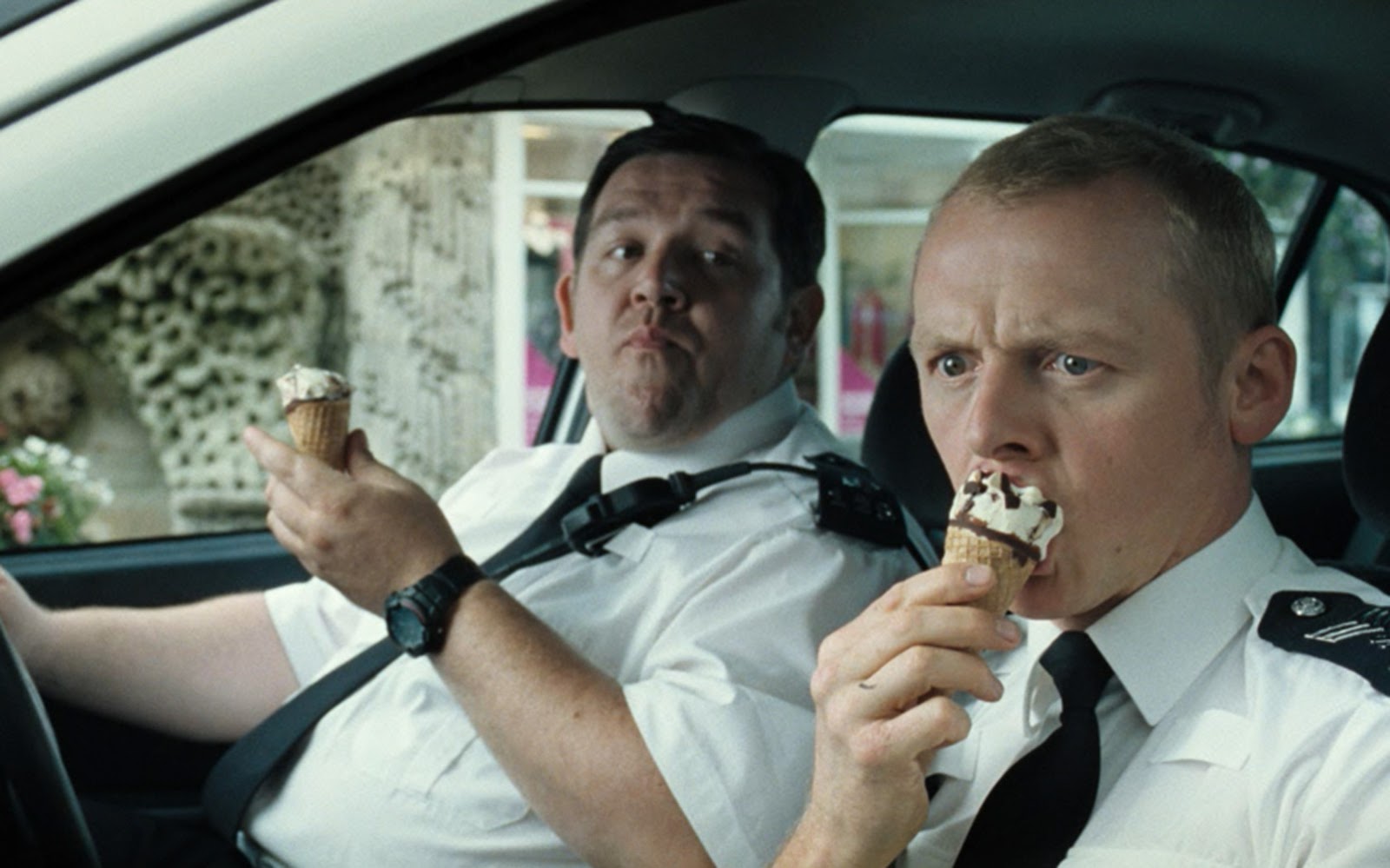
While some people love British comedies, others might say that they are rude, dull, and not the least bit funny. But what makes British comedies essentially British? The quirky characters, the inordinate abstract humour of the Pythons, and the stereotypically British everyday situations are all essential contributors, but they are not the only ones.
Most British comedies are highly political or socially sensitive (in some cases perhaps more insensitive), combining these situations with oddly out of space characters (zombies from “Shaun of the Dead”), slapstick comedy elements (the Black Knight from “Monty Python and the Holy Grail”) or other harsh, stereotypical jokes.
Even though particularly the earlier comedies include several references that are specific to British culture, quite a few of the nation’s comedies were successful even outside the country’s borders. The key to this is the black humour that invites the audience to laugh at their own misery, and at the same time providing escapism.
As long as it is possible to make a joke about a certain situation, it cannot be too bad – that is the British approach that allows comedians to mock religions, ethnic groups and history. Although they can sometimes go a bit too far, like it happened with the Pythons when “Life of Brian” was banned in several countries.
15. Death at a Funeral (Frank Oz, 2007)
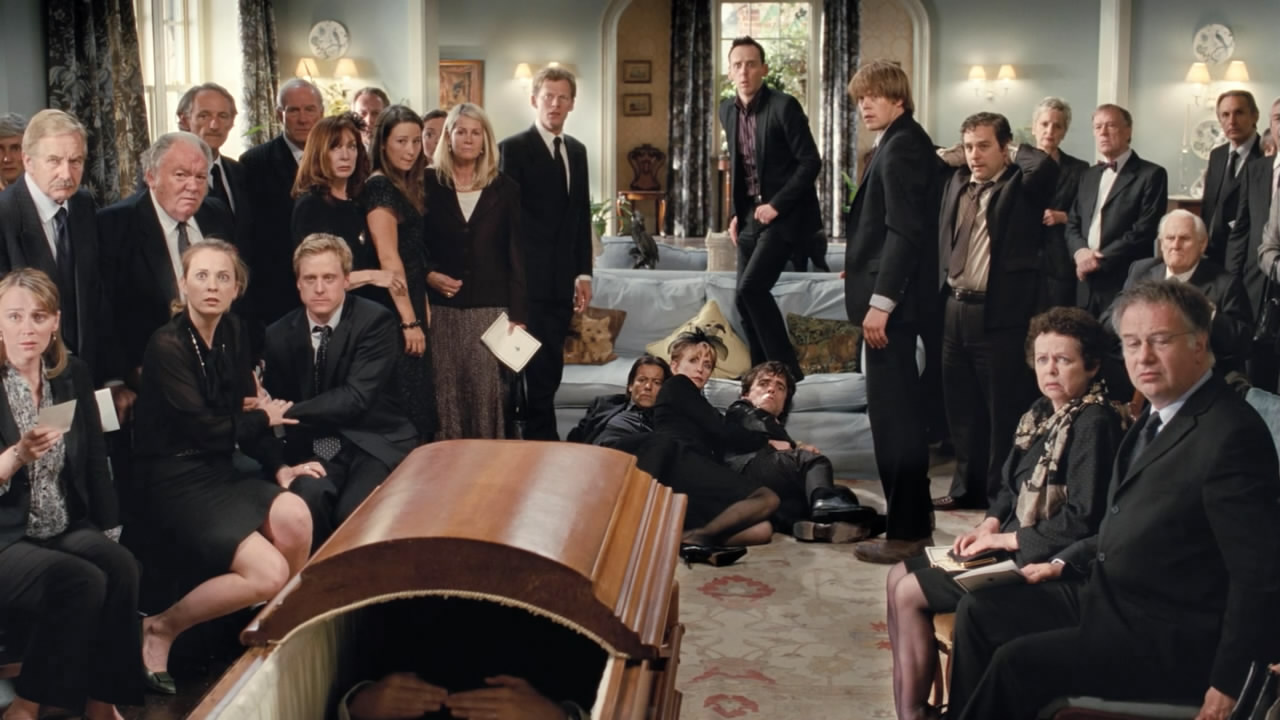
In Frank Oz’s black comedy, humour based on characters replaces the absurdity of situations. An oversized family gathers for the funeral of a businessman in the English countryside, but instead of a sublime family get-together, the event transpires into a chaotic farce.
An old uncle who can’t quite control his bowel movements (Peter Vaughan), an anxious fiancée (Alan Tudyk) who is accidentally given some drugs instead of Valium resulting in a naked scene on the rooftop, and a midget (Peter Dinklage) as an unexpected guest wanting to blackmail the family with photos of the deceased and himself in a compromising situation, form the core of the quickly evolving disaster.
Interestingly, the film received better reviews in international markets than in the UK. While some UK critics said the brilliant cast was wasted on a mediocre comedy, US critics praised the film as a well-paced comedy where the tragicomic situations follow each other exactly at the right time to enhance one another.
Perhaps “Death at a Funeral” offers a slightly consumerized version of British humour, but the sharp black humour and the brilliant cast is a combination that simply works.
14. 24 Hour Party People (Michael Winterbottom, 2002)
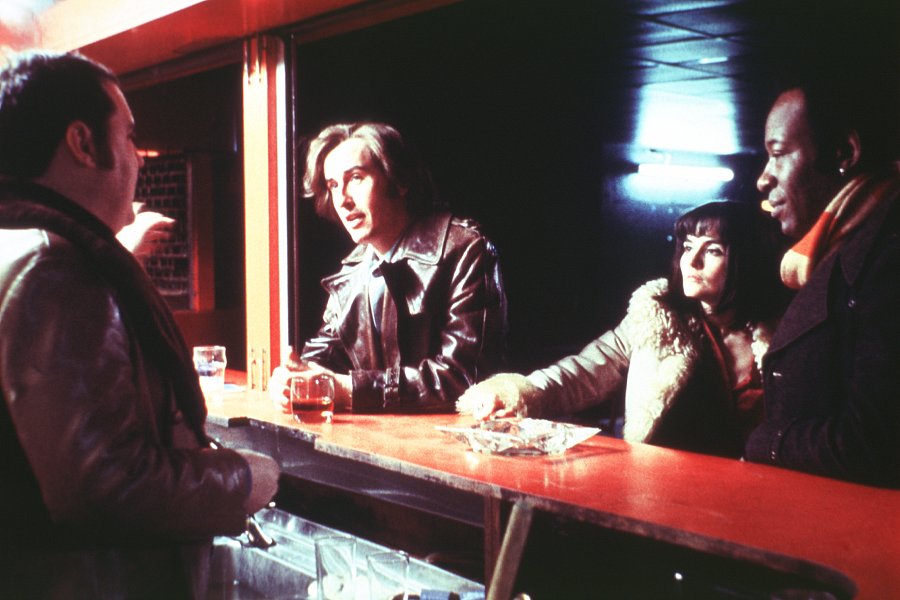
Although Winterbottom is an auteur with a genre-diverse filmography, the integrity of his style is recognisable in his most mainstream movies as well as his art films. This is also true about “24 Hour Party People”, a delirious overview of the famous (or infamous?) Manchester music community from the late 70s to the early 90s.
The film is centered on the character of Tony Wilson (Steve Coogan), a key figure of the Manchester music industry who, coming from a background in television, established Factory Records, the record label linked to Joy Division and New Order, amongst others. Winterbottom playfully mixes real events with fictional elements – and he is not shy to admit this. His uncomplicated mise-en-scene is as down to earth as the heavily northern accented characters of his film.
While some of the self-referential scenes will only make sense for those who are familiar with the musicians of the Manchester scene, this trippy film is a great, essentially British comedy that makes you laugh at other people’s misery.
13. The Full Monty (Peter Cattaneo, 1997)
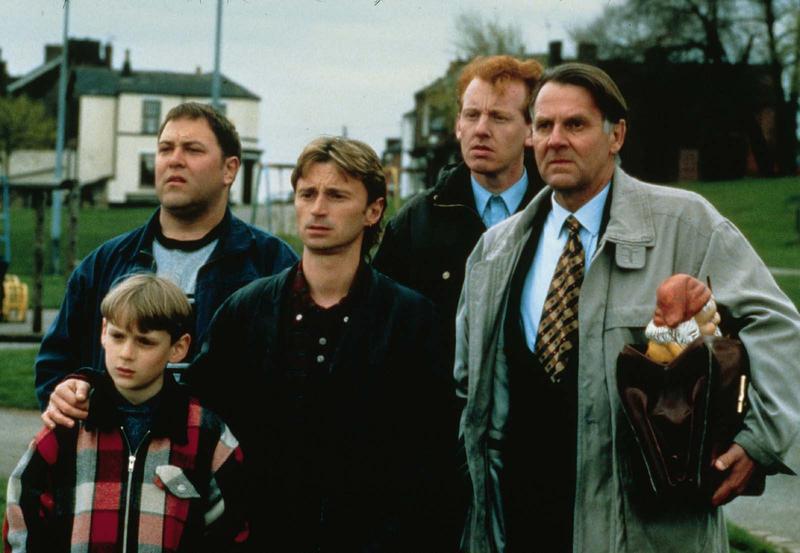
Despite the strongly suggestive title, “The Full Monty” is one of the mildest comedies on this list, following the tradition of the Ealing series. It is a heart-warming mixture of kitchen sink realism and light-hearted comedy, proving that even sombre issues like unemployment, mental health problems and sexual difficulties can be discussed in a more light-hearted way. “The Full Monty” combines the genres of kitchen sink realism and comedy in a way to get the best out of both.
The setting is the industrial city of Sheffield and the heroes are six unemployed former factory workers – the perfect foundation for a kitchen sink drama. The mise-en-scene also plays along to enhance the realism of the film: the external scenes, like the steelworks, the canal scene and some road scenes are carefully constructed to include the industrial cityscape within the frame.
The interior shots, like the scene at the job centre, provide the social framework, and the six unemployed men, who come up with the idea of getting rich by the best ever Chippendale show, are responsible for taking the edge off the cold realism with discreet humour.
12. The World’s End (Edgar Wright, 2013)
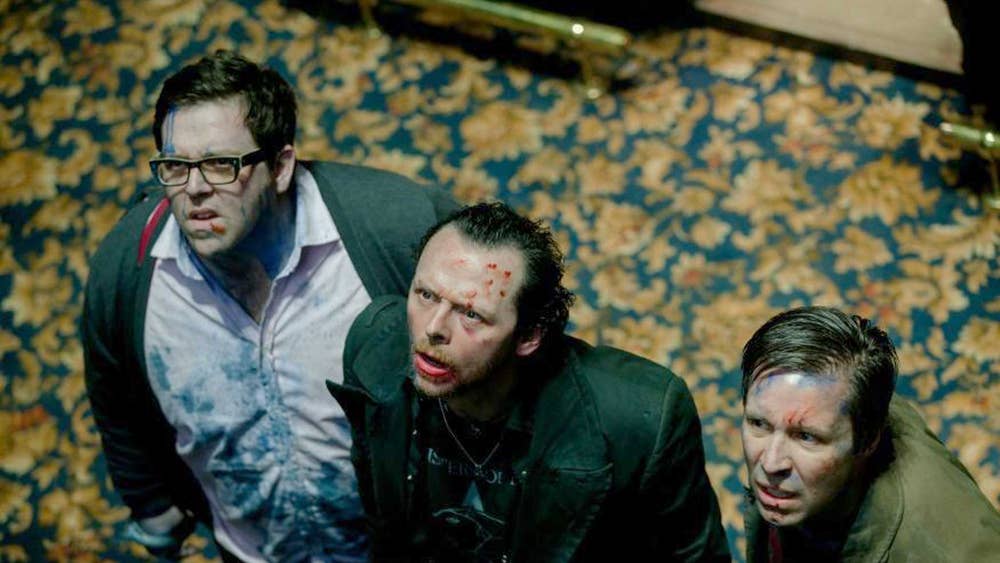
There is an iconic pub in London’s Camden Town that goes by the same name as the one that lent the film its title. If you ever end up in North London on a Friday night and there is nowhere else to go for a pint (unlikely event), you can always go to the World’s End and mingle with a quirky crowd while surrounded by a selection of pinned insects. The pub concerned in the film is almost as iconic as the renowned London establishment: it is the last stop of the famous Golden Mile pub crawl, which incorporates the 12 pubs of Newton Haven.
Gary King (Simon Pegg) disappointingly failed to do the 12 pints, 12 pubs challenge in his better days as a teenager, but, years later, as a middle-aged man he decides to revisit the city and reunite with his old friends to give the pub crawl another go. However, as the not-so-young group attempts to reconcile the past, they have to realise that a lot has changed in Newton Haven and aliens have now invaded the city.
The third piece of Edgar Wright’s Three Flavours Cornetto is a great piece of British comedy with a good amount of blokey banter and pinch of nostalgia for the old days when a pint at the pub after school dragged on until the next morning, resulting in hilarious stories to tell.
11. Life is Sweet (Mike Leigh, 1990)
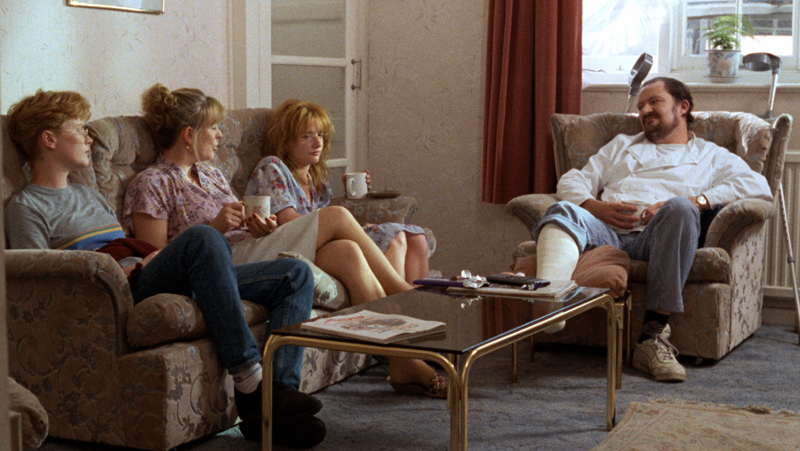
Mike Leigh is known for his lengthy film production technique where, without having a screenplay, he slowly establishes the film together with his actors during long improvisation sessions. Leigh’s movies are centered on the small, everyday issues of life.
Thanks to the aforementioned working process, this is represented in a genuinely spontaneous and honest way, where the actors not only breathe life into their characters, but seemingly become one with them, while the presence of the camera remains unnoticed. “Life is Sweet” follows the same principle.
This comedy, about a working-class London family constituted by two twin sisters and their parents living in a relationship that today’s kids would describe as ‘complicated’, does not offer moments of loud laughter, but rather it gives its audience an insight into their own daily problems, with a pinch of light humour.
The colourful mise-en-scene recalls Douglas Sirk’s “Imitation of Life”, but apart from the visuals, the two films couldn’t be more different. While Sirk’s actors move around the set with the pretentious beauty of 50s films, Alison Steadman (Wendy), Jim Broadbent (Andy), Jane Horrocks (Nicola), Claire Skinner (Natalie) and Timothy Spall (Aubrey) play their part in this North London melodrama very naturally and spontaneously.
10. Lavender Hill Mob (Charles Crichton, 1951)
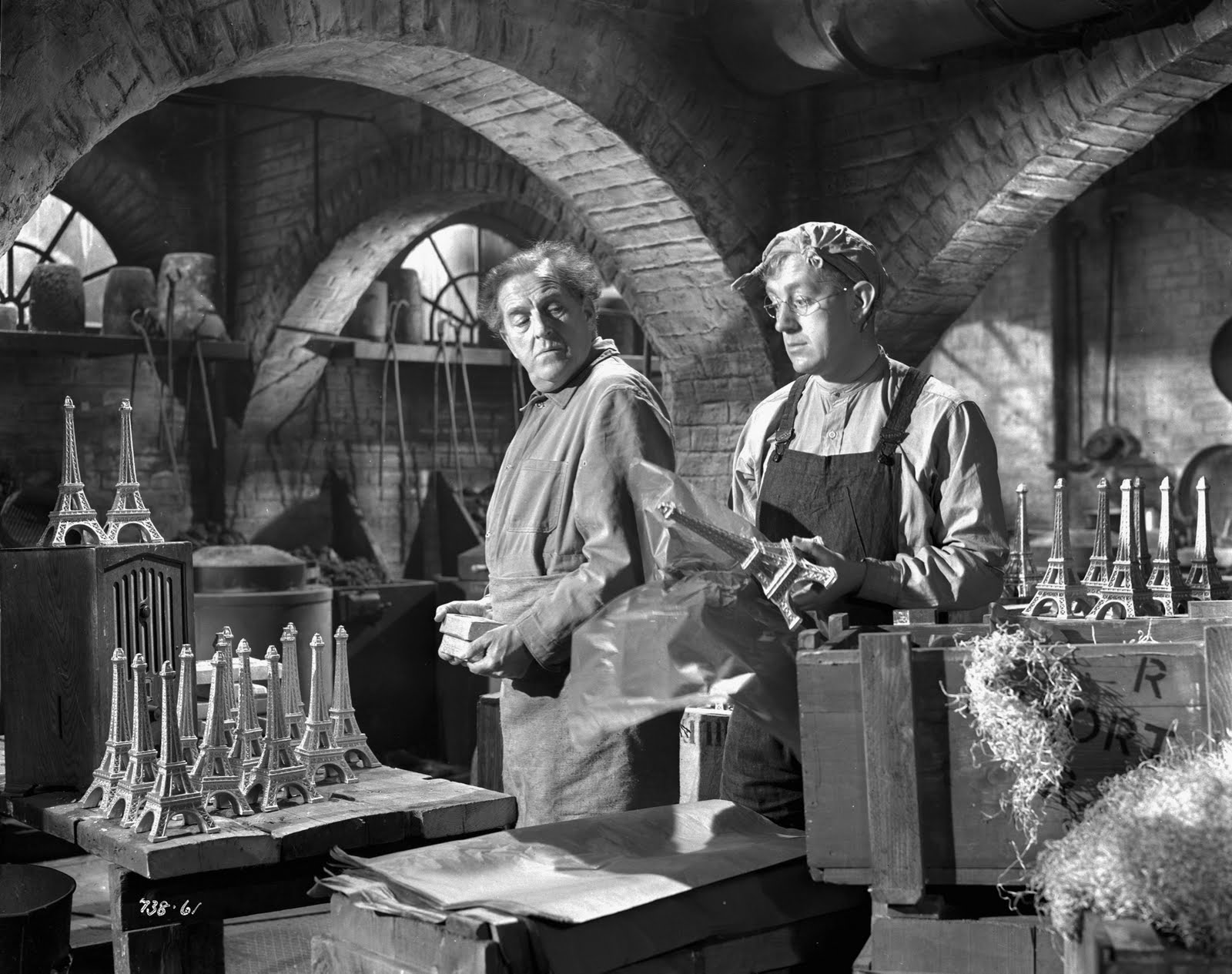
Part of the Ealing Comedies, “Lavender Hill Mob” is a crime comedy set in the post-war austerity of Britain and Paris (in part) and includes a brief, charming appearance by Audrey Hepburn.
Henry Holland (Alec Guinness), who works as a bank clerk, manages to put his hands on a load of gold bullion and is ready to retire from work; unfortunately he faces the dilemma of how to smuggle his treasure abroad. When he meets Alfred Pendelbury (Stanley Holloway), a solution to the problem surfaces: smuggling the gold to Paris in the form of Eiffel Tower paperweights.
However, things get complicated when the gold disguised as paperweights is set out for sale and British schoolgirls buy a few of them as souvenirs. A rush through Paris and London starts in order to recover the gold before it reaches London and before the police lay their hands on it, unveiling the crime.
9. Four Lions (Christopher Morris, 2010)
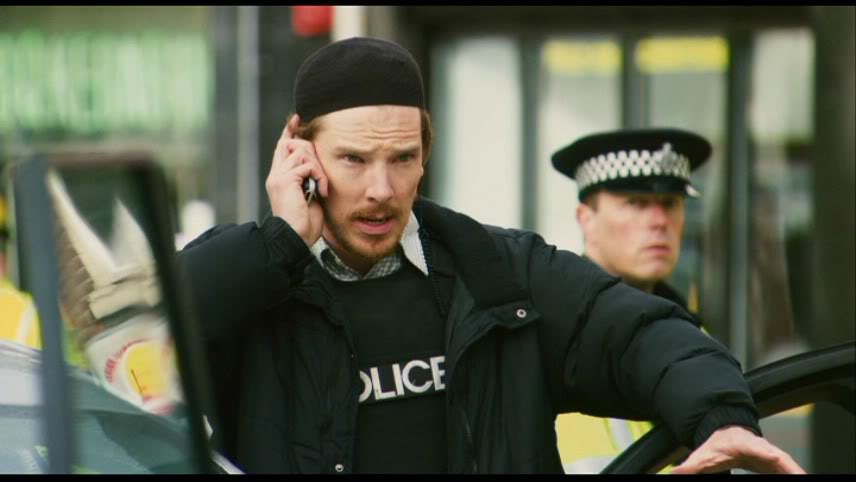
No film could be more up to date politically than “Four Lions” is at the moment. Chris Morris’ British comedian’s brilliant black comedy is centred on a group of Islamist suicide bombers who try to perform a terrorist attack in London. Five years after the 7/7 in London, “Four Lions” treats both religious parties with equal criticism and respect.
The Islam jihadists, Omar (Riz Ahmed), Waj (Kayvan Novak), Faisal (Adeel Akhtar) and Hassan (Arsher Ali) are portrayed as funny but human characters at the same time. Together with the white convert, Barry (Nigel Lindsay), the group decides to perform their terrorist attack during the London Marathon (after discarding the idea of bombing a mosque and a Boots), which turns out to be a disaster.
The authorities trying to defend the public are as useless as the giddy terrorist: and as a result, the police kill more innocent people and likewise, more terrorists are assassinated by fellow jihadists. “Four Lions” is a comedy on terrorism as much as it is on the war against terrorism, with not the slightest shadow of blasphemy.